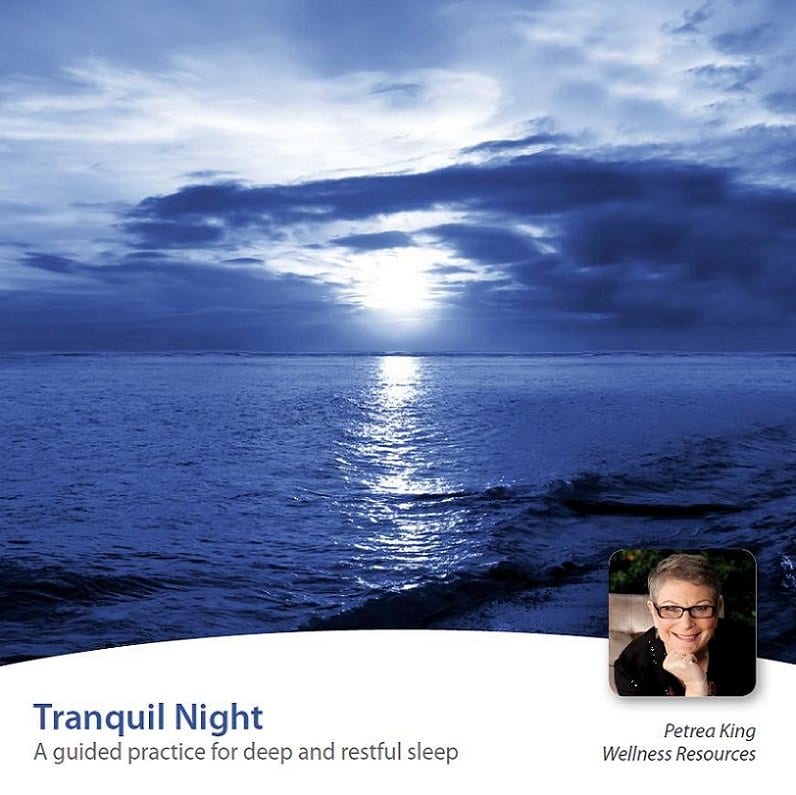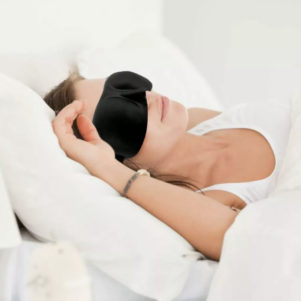How to get a good night’s sleep
It can be sooo frustrating when you are tired but just can’t seem to go to sleep. First of all you are seriously not alone! Not that it helps knowing it really. Have a proper talk with your treating team and GP about what can help. They will have other ideas, medicines and problem-solving ideas that can help you. But, until then if you need some practical tips on how to get a good night’s sleep, here’s some ideas.
12 practical tips to help you sleep:
- Set up a pre-bed routine. Put on PJs, wash, teeth etc and then try to go to bed when you first feel sleepy and are yawning (if this is before 9 you might want to think again or you will probably be awake in the early hours!).
- Limit alcohol, caffeine and chocolate. Believe me, we know this is not welcome news.
- Don’t fall asleep in front of the T.V. Also, be sensible about TV – if you watch tense or scary dramas before bed, your will find it hard to wind down.
- Make sure you are comfortable. Have a fan (or enough blankets etc) cold towel (especially for hot flushes!), the room is dark (yay for blockout blinds and eye masks) and quiet (ear plugs anyone?). If you are post-op, take your pain medication as recommended and have good pillows and mattress etc.
- Get more space than the pets. We love them, but they just…streeettttchhhh..ouuuuttttt.
- If you can’t sleep after about 20 mins get up. Sounds bonkers, but it helps bed to get associated with being asleep, not awake.
- Catch the next wave of sleepy and go back to bed. Repeat the previous step if you need to.
- Try using a relaxation or meditation CD or downloads (it helps to do it in the day too, to keep stress levels down).
- Aromatherapy, especially lavender, can be so relaxing.
- If worry is the issue write thoughts down and seriously consider professional support. Worry is common but professionals can help you manage it better.
- Get up at the same time and try not to nap in the day. It just means you don’t ‘jet lag’ yourself. If you can, get outside and have some light.
- Exercise helps. Do what works with your energy and physical restrictions. Yoga, walking or pilates are popular; salsa dancing and traithlons optional. Whatever makes you most inclined to move anything more than your eyeballs is probably a good start.
With love J&J xx
Sleep aids:
If you need to add eye masks, ear plugs, relaxation/meditation CDs or lavendar oil products to your repertoire, we have hand picked some especially for the purpose. Click here for more useful sleep aids.




